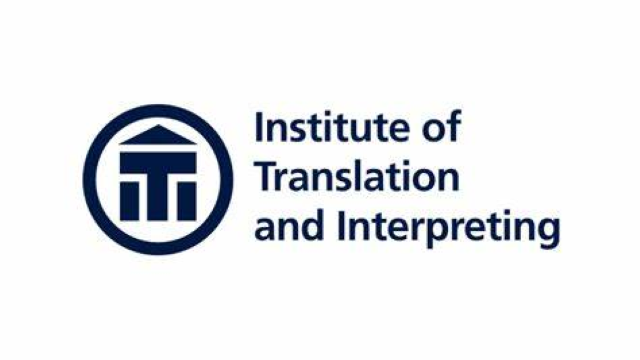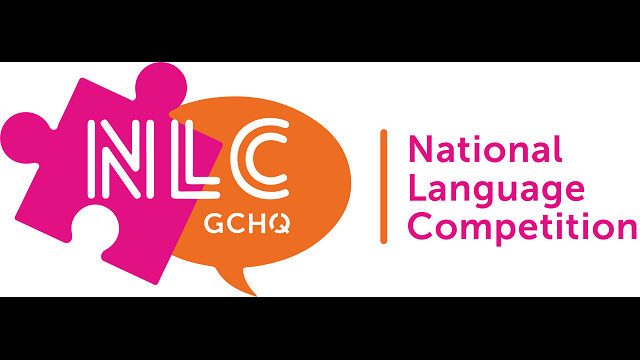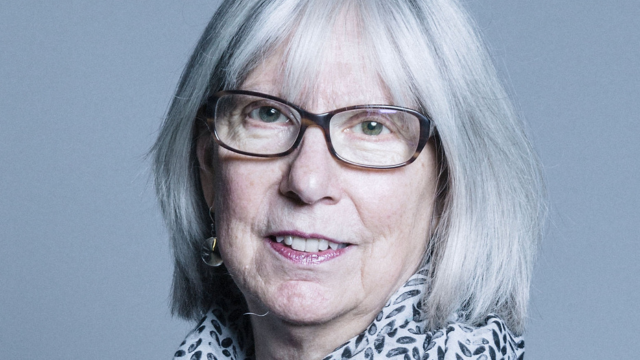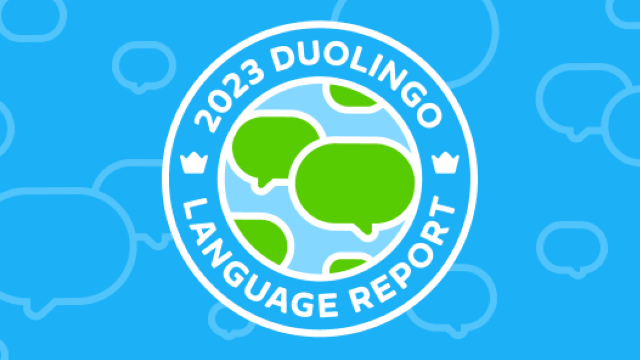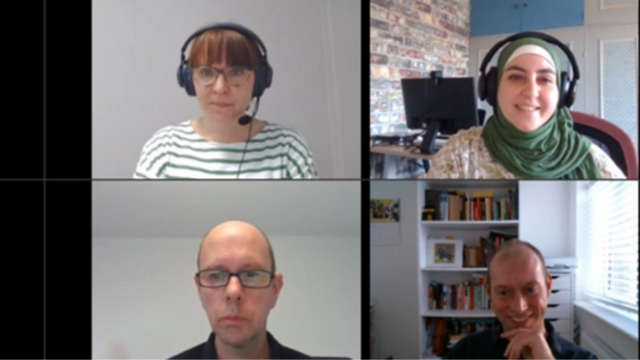-
QUALIFICATIONS
- For Linguists Worldwide
- For UK Public Services
- Preparation
- Policies & Regulation
-
MEMBERSHIP
- Join CIOL
- Membership grades
- NEW for Language Lovers
- Chartered Linguist
- Already a member?
- Professional conduct
- Business & Corporate Partners
-
ASSESSMENTS
- For Second Language Speakers
- English as a Second Language
-
TRAINING & EVENTS
- CPD, Webinars & Training
- Events & Networks
- CIOL Mentoring
-
NEWS & VOICES
- News & Voices
- CIOL eNews
- CIOL Awards
- The Linguist
- Jobs & Ads
-
RESOURCES
- For Translators & Interpreters
- For Universities & Students
- Standards & Norms
- CIOL & AI
- APPG
- In the UK
- UK Public Services
- Find-a-Linguist
Certification of Translations - Harmonising Best Practices in the UK
What is the problem?
If you translate official documents for use by the UK’s public sector, Government agencies or for businesses in the UK you will know that there are differences in the expectations and requirements for certified translations.
There are also differences in how certified translations are produced, laid out, and certified by translators and translation companies in the UK. In Europe and around the world practice varies greatly with most countries having clearer standards and more requirements than in the UK. The UK is unusually deregulated by international standards.
These variations can cause confusion and delays in translation and certification processes, and can make it challenging for translators and translation companies to confidently provide a service that they know will be accepted by the receiving organisation.
CIOL is working with the Institute for Translation and Interpreting (ITI) and the Association of Translation Companies (ATC) to harmonise best practices around the certification of translations in the UK. From today, all three leading associations recognise and endorse each other’s certification guidelines and practices.
What can we do?
Three leading UK associations are now coming together to work on harmonising expectations for certified translations.
The Association of Translation Companies (ATC), the Institute of Translation and Interpreting (ITI) and the Chartered Institute of Linguists (CIOL) have come together to promote the use of ATC member companies and the accredited experienced professional translator members of the Institute of Translation and Interpreting (MITI, FITI and Corporate LSP Members) and the Chartered Institute of Linguists (MCIL and FCIL). All three organisations will endorse each other’s members and each other’s guidance for certifying a translation.
CIOL Chief Executive John Worne said: “The diverging practices stem from the fact that, unlike in many other countries, no sworn or state-authorised system for certifying translations exist in the UK – and this landscape is unlikely to change. Working together with the ITI and the ATC, we will promote the use of properly qualified and accredited professional translators and quality assured translation companies, for the benefit of both the users and producers of these translations.”
ITI Chief Executive Paul Wilson added: “Our members regularly report on issues with authorities whose requirements on producing certified translations can vary greatly. Through this initiative, we will guide public authorities towards qualified and accredited members and partners who can provide a true, complete and accurate certified translation.”
ATC CEO Raisa McNab welcomes the collaboration: “Uncertainty serves no one. No one benefits from translations carried out by a next door neighbour who has an 'A level' in French. Our aim is to ensure that certified translations in the UK are produced by suitably qualified, registered translators and reputable translation companies, and we look forward to working with the ITI and the CIOL on this initiative.”
This statement has been posted on all three organisations’ websites along with updated guidance as here Certified Translation – Getting It Right
Filter by category
More
The Chartered Institute of Linguists (CIOL), Incorporated by Royal Charter, Registered in England and Wales Number RC 000808 and the IoL Educational Trust (IoLET), trading as CIOL Qualifications, Company limited by Guarantee, Registered in England and Wales Number 04297497 and Registered Charity Number 1090263.




